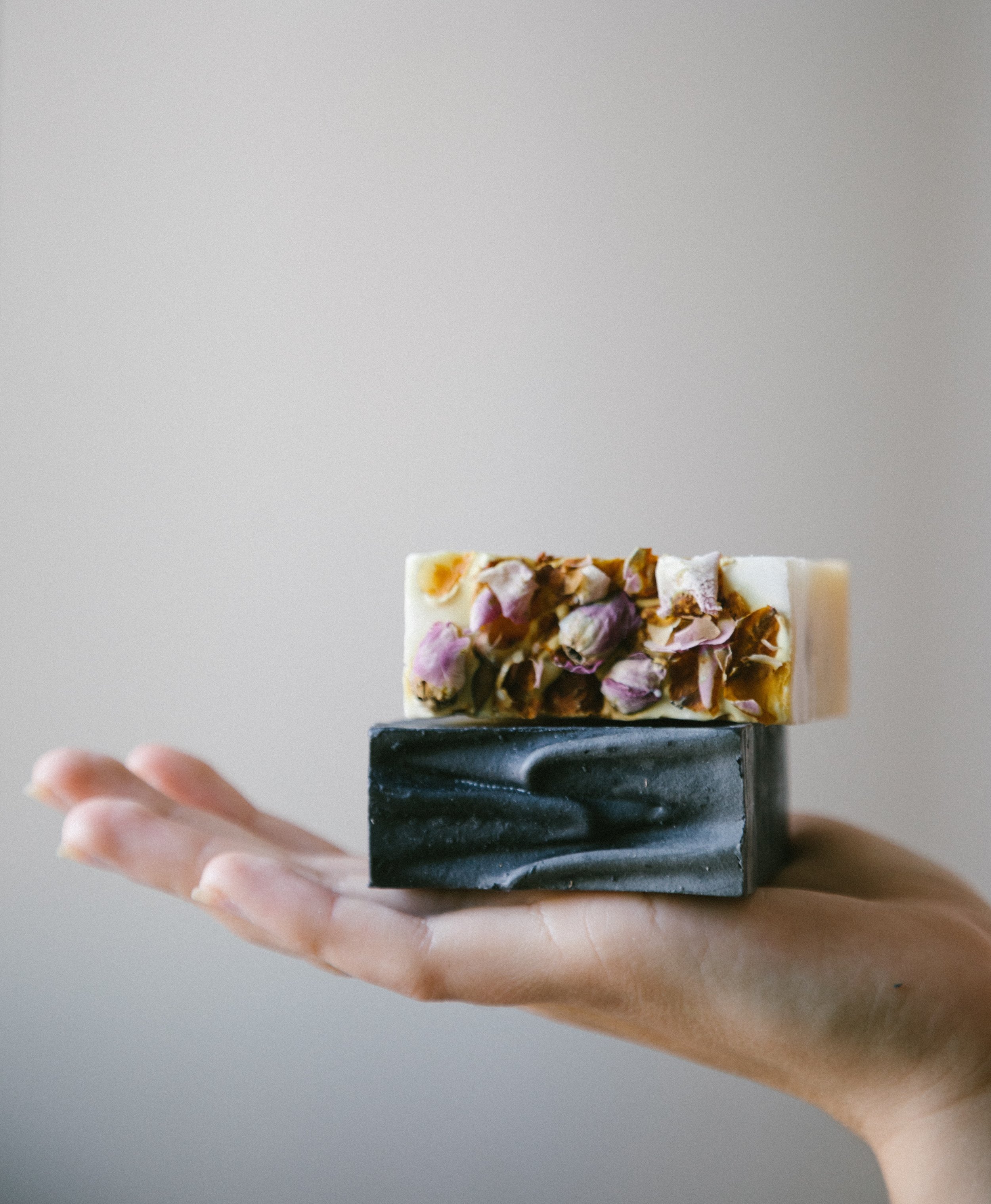Sustainable Cosmetic Skincare Trends You Should Know About
While sustainability has certainly been a “trending” topic this year, and will be in the years ahead, it is also important. Consumers and companies are more eco-conscious than ever. So what sorts of things should you be looking for if you want to look for sustainable skincare brands?
Let’s explore.
What is sustainability?
Sustainability is the ability to maintain or preserve something over time. In the context of the environment and natural resources, sustainability refers to the idea that human activities should be conducted in a way that does not deplete or degrade the natural resources and systems that support life on Earth. This includes preserving biodiversity, maintaining the productivity and functioning of ecosystems, and ensuring that the use of natural resources is equitable and meets the needs of current and future generations.
Circular beauty
Circular beauty is accomplished by upcycling cosmetic ingredients. This involves using ingredients that would normally be thrown away - repurposed from waste or by-products of other industries. Some common examples of upcycled ingredients include:
Beer and wine by-products: The spent grains and grape seeds left over from the brewing and winemaking processes can be turned into ingredients for cosmetics, such as exfoliants and moisturisers.
Coffee grounds: Used coffee grounds can be used for exfoliants and body scrubs.
Olive oil: The by-products of olive oil production, such as olive pits and olive leaves can become oils and extracts in cosmetics.
Coconut oil: Similarly, the by-products of coconut oil production, such as coconut shells and husks, can be used as exfoliants and natural fragrances.
Almond oil: Almond shells can likewise be used as exfoliants and natural fragrances.
Soybean oil: Finally, soybean hulls, can be upcycled into natural fragrances and emollients.
Upcycling ingredients in cosmetics can help to reduce waste and promote sustainability in the beauty industry.
Minimise packaging
Most brands understand that minimising packaging is important now. Recyclable packaging is an obvious way to start. Recyclable packaging is packaging that can be processed and used again to create new products after its initial use. In the skincare industry, recyclable packaging is becoming increasingly popular as consumers and companies become more environmentally conscious and concerned about the impact of packaging on the environment.
There are several types of recyclable materials that are commonly used in skincare packaging, including glass, metal, and certain types of plastics. Glass and metal packaging can be recycled indefinitely, as they can be melted down and reused to create new packaging or other products. Plastics are also recyclable, but the specific type of plastic used and the recycling process can vary.
Using recyclable packaging in skincare products can have a number of environmental benefits, including reducing waste and pollution, conserving natural resources, and reducing greenhouse gas emissions. However, it is important to note that not all recyclable packaging is created equal, and some materials may be more difficult to recycle or may require more resources to recycle than others. For example, while glass is recyclable it is actually not a good sustainable option. This is because it is fragile and easy to break while being heavy, so needs to be shipped with extra packaging and requires more energy to distribute and recycle overall.
Some skincare brands offer refillable packaging, where customers can bring back their empty packaging to be refilled, rather than disposing of it and purchasing a new container. This helps to reduce waste and the need for new packaging materials. This is similar to reusable packaging, such as glass jars or bottles with pumps or dispensers. These materials can be washed and refilled, rather than being disposed of and replaced.
But a lot of brands are going even further than this. Upcycled packaging is getting more popular. Some great innovations include bioplastics derived from sugar cane, seed-laced packaging, dissolvable packaging, or upcycled fishing nets.
Carbon neutral ingredients
Carbon neutrality refers to the state of having a net zero carbon dioxide emissions, meaning that the amount of carbon dioxide released into the atmosphere is balanced by an equal amount of carbon dioxide removed from the atmosphere. Some clever cosmetic chemists are able to produce certain ingredients through enzymatic processes or fermentation. This avoids previously standard processes that usually require a lot of heat and energy.
Waterless products
Waterless products involve creating highly concentrated bars - things like shampoo, body wash, facial cleansers - and removing water from the formulation.
Most cosmetic formulas are up to 80% water, so you’re not only saving water but also reducing shipping costs. Another benefit of waterless skincare products is that they can be more stable and have a longer shelf life than products that contain water. This is because water can serve as a breeding ground for bacteria and other microorganisms, which can cause a product to expire more quickly. Waterless products are less prone to this type of contamination, making them a more sustainable and longer-lasting option.
To use waterless skincare products, you will generally need to apply a small amount to your skin and massage it in until it is fully absorbed. Depending on the specific product, you may need to follow up with a moisturizer or other skincare products to fully hydrate and nourish your skin. It is important to follow the instructions on the product packaging and to pay attention to your skin's individual needs and sensitivities when using any skincare product.
Skinplicity
Skinplicity is a skincare philosophy that advocates for simplicity and minimalism in skincare routines. It is based on the idea that less is often more when it comes to taking care of the skin. This involves simplifying your beauty routine so you are using fewer products overall. You might choose a few hero products that are multi-functional, and reduce your consumption of skincare products overall.
Adapted from: Top 5 Sustainable Cosmetic Formulation Trends








When it comes to skincare, acids have long been the stars of the show—think glycolic, salicylic, and hyaluronic acids. These tried-and-tested ingredients have earned their reputation for addressing common skin concerns such as acne, wrinkles, and dryness.
But did you know there are lesser-known acids that are starting to make their mark in the skincare world? While some have been used for centuries, others are still emerging in research. In this blog, we’ll introduce you to some skincare acids you may have never heard of, discuss their potential benefits, and help you decide whether they should make their way into your routine.